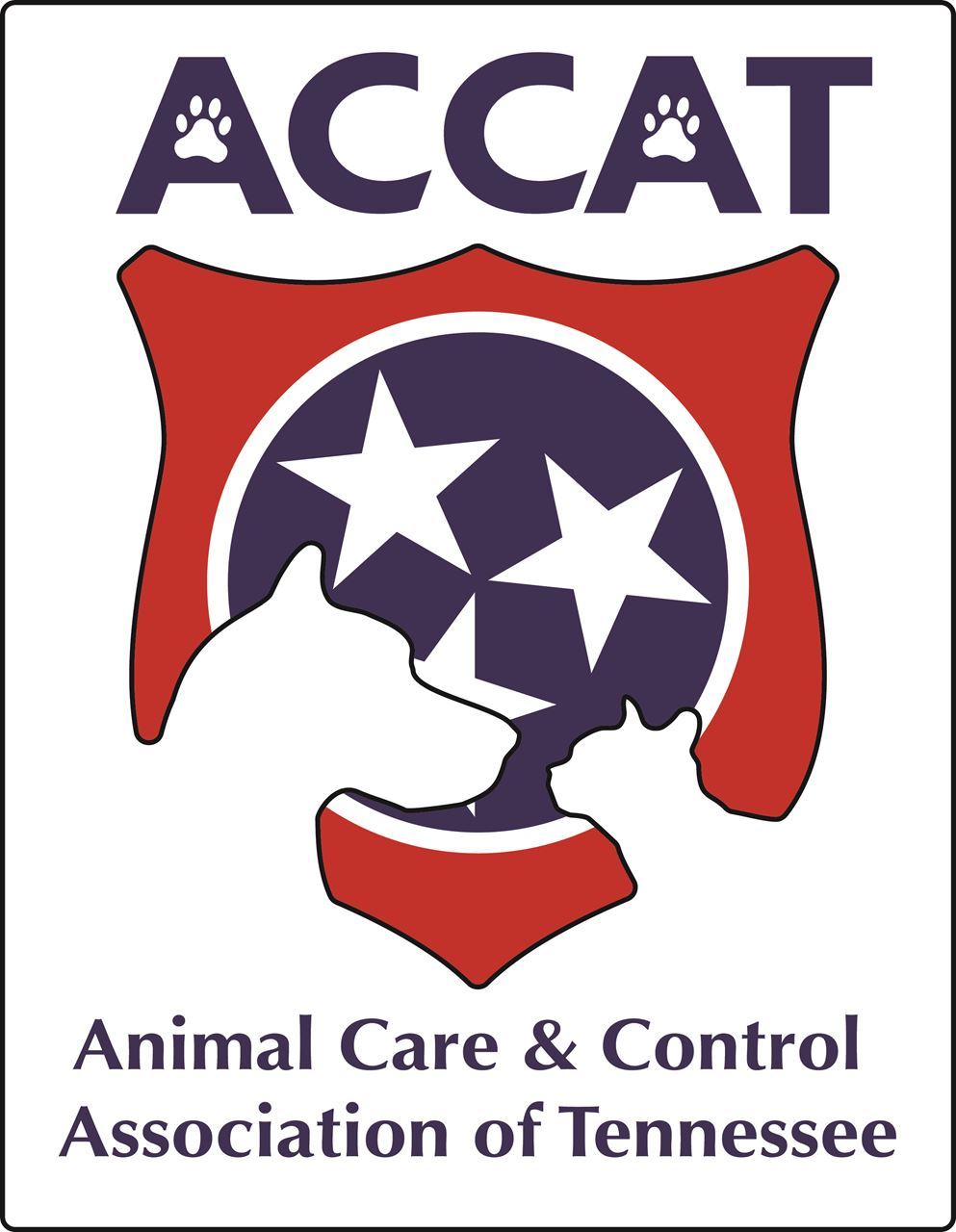To promote and protect the health, safety and welfare of animals and people in the state of Tennessee, through proactive education and representation. |
Upcoming events
- No upcoming events
Cultivate a Customer Service Culture. Elle Benson, Alliance for Better Nonprofits
Customer service is critical for all organizations, especially nonprofits. The community’s experience will be defined by the quality of support and communication they receive. Mediocre or even good customer service doesn’t cut it. Elle Benson will facilitate the group through developing a culture of customer service. You’ll gain the knowledge needed to train your organization on improved customer service through empathy, patience, adaptability, and communication.
Mirrors & Windows: The Role of Social Media in a Modern Marketing Plan. Tom Tholen, AAWA
Communicating with staff and the communities we serve has never been more readily available…or more dangerous. By correctly identifying goals, setting standards and allowing two-way communication to naturally occur, social media can be a game-changer. Take charge of the plan and get the most out of an asset you already own.
Improving Shelter Animal Wellbeing through Low-stress Handling and Enrichments. Dr. Julie Albright, Univ. of TN College of Veterinary Medicine and Kristen Limbert, ASPCA.
This session will discuss canine and feline body language and varying handling techniques to minimize animal distress while maintaining staff safety. The importance of enrichment and practical ideas to provide mental stimulation will also be reviewed.
Livestock & Companion Animals? Who to Call to Help Regarding Animals in TN. Jamie McClellan, TN Dept of Agriculture and Eric Swafford, HSUS
Who do you call when you have concerns over animals in TN? It all depends on what species is involved and in what city or county they are in. This informative session will help answer those questions and provide resources on who can be called.
Officer Safety for the Animal Services Officer. Kimberly Cherney, NACA
This class will address safety issues inherent with animal control and specific to the needs of the animal services officer. Animal control officers are limited in the tools they have to protect themselves. This course will offer insight into animal behavior and human behavior that are exhibited prior to aggression, how to identify and prevent attacks prior to their occurrence, and how to use your innate skills to protect you in the field.
Dangerous & Vicious Dog Investigations. Robert C. Leinberger, Jr., NACA
Dangerous and vicious dog cases and investigations are a part of an animal control officer’s duties throughout the nation. A good investigation and outcome leads to a better, safer community. This class will look at investigative techniques and tools, such as interviewing witnesses, taking pictures, and collecting evidence.
The Role of ACOs and Feral/Community Cats. Alice Burton, Alley Cat Allies
Your role in stabilizing the community cat population is easier than you think, once you get the community involved! In this session, you will learn more about what you can expect once Trap-Neuter-Return (TNR) begins in your community, and more importantly, why you should support TNR.
Equine, Livestock and Exotics Handling. Dr. Rebecca Gimenez, Technical Large Animal Emergency Rescue, Inc.
Large animals fall into holes, mud, end up in trailer wrecks, and loose on the highway every single day in our country. A few simple techniques for working under ICS to deal with the owner and bystanders, while safely handling and manipulating their body to extricate them will be presented.
Legal Foundations of Nonprofit Management. Elle Benson, Alliance for Better Nonprofits
Nonprofits enjoy the public’s trust, and therefore must comply with a diverse array of legal and regulatory requirements. One of a leadership’s fundamental responsibilities is to ensure that the organization governs and operates in an ethical and legal manner. Elle Benson will provide an overview on the ethics and compliance requirements nonprofits must uphold on an annual basis.
Give ‘em a Ride. Best Practices for Transport of Companion Animals. Karen Walsh, ASPCA
Transport of animals to places where demand is high and supply is low has become an increasingly important life-saving tool. The Society of Animal Welfare Administrators (SAWA) brought together an amazing group of subject matter experts to develop Best Practice (NOT minimum standards) for how to manage a Transport program.
How to Get Sponsors Sponsoring and Donors Donating. Tom Tholen, SAWA
Cultivating sponsorships and donations is what keeps the lights on and the doors open. Sponsors and donors alike seek connection, a sense of purpose and the satisfaction of contributing to positive change. Learn how to build and execute customized plans that appeal to your funders while not driving your staff crazy.
Tips for Protecting Shelter Animals from Disease, and Tricks for Treating Them When They're Sick. Dr. Becky DeBolt, Univ. of TN College of Veterinary Medicine
We will always have animals that bring sickness in with them to our shelters. In this seminar we will explore ways to identify the sick and minimize the spread of disease to other animals. We will also review some basic treatment protocols that we use every day.
Vaccinating Shelter Animals: The Good, the Better and the Best! Dr. Becky DeBolt, Univ. of TN College of Veterinary Medicine
Vaccinations are the most important thing you can do for disease prevention in a shelter. In this seminar, we will review vaccination protocols and discuss the who, what, where and why of the recommendations. There will be time to answer questions about your protocols and struggles.
